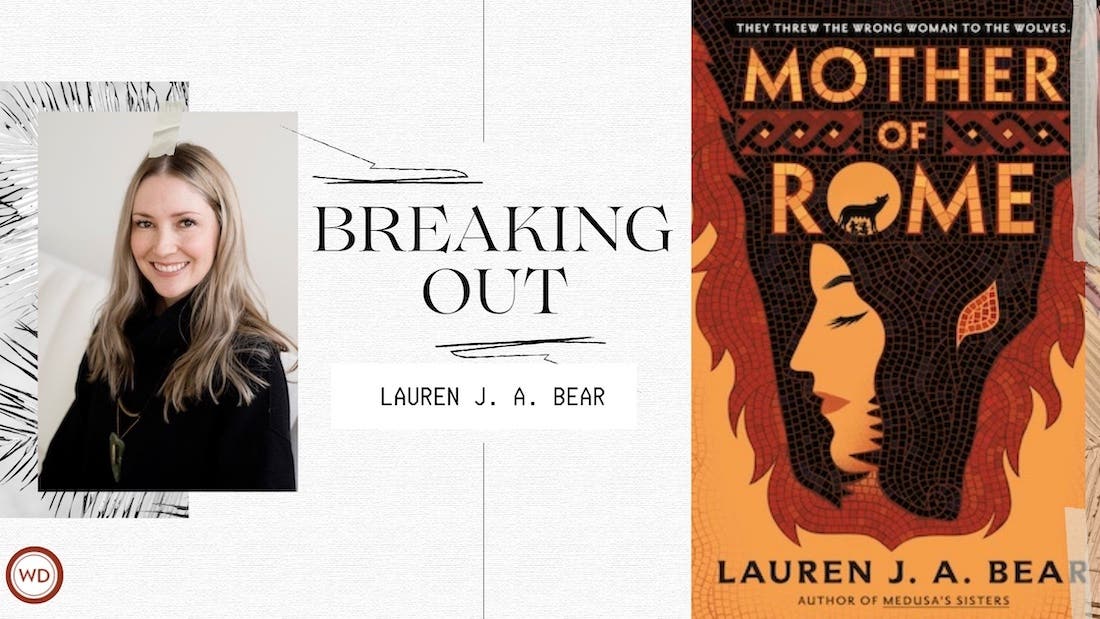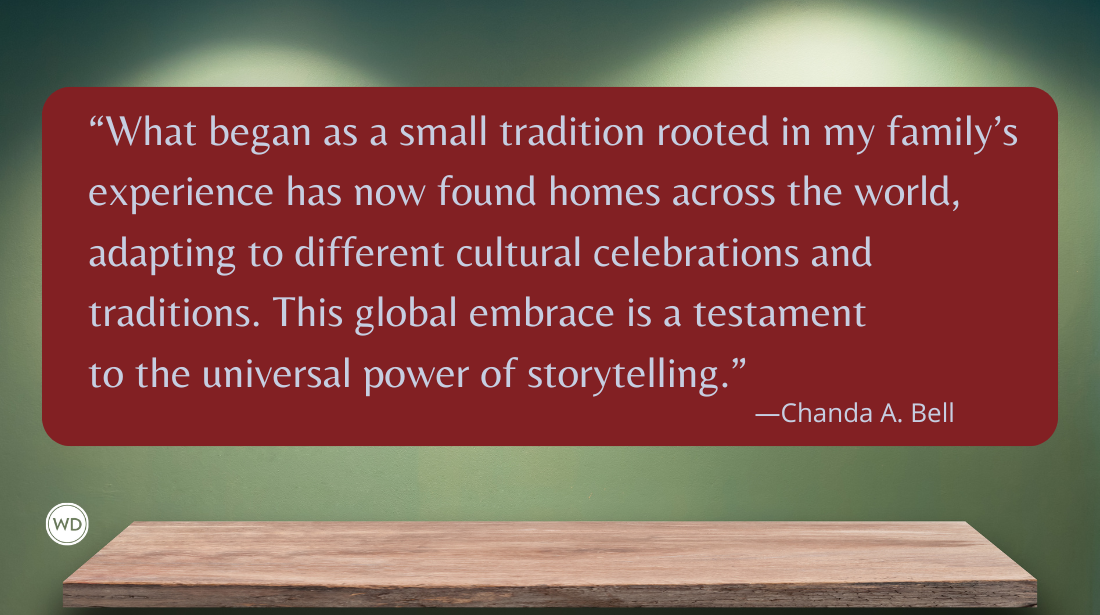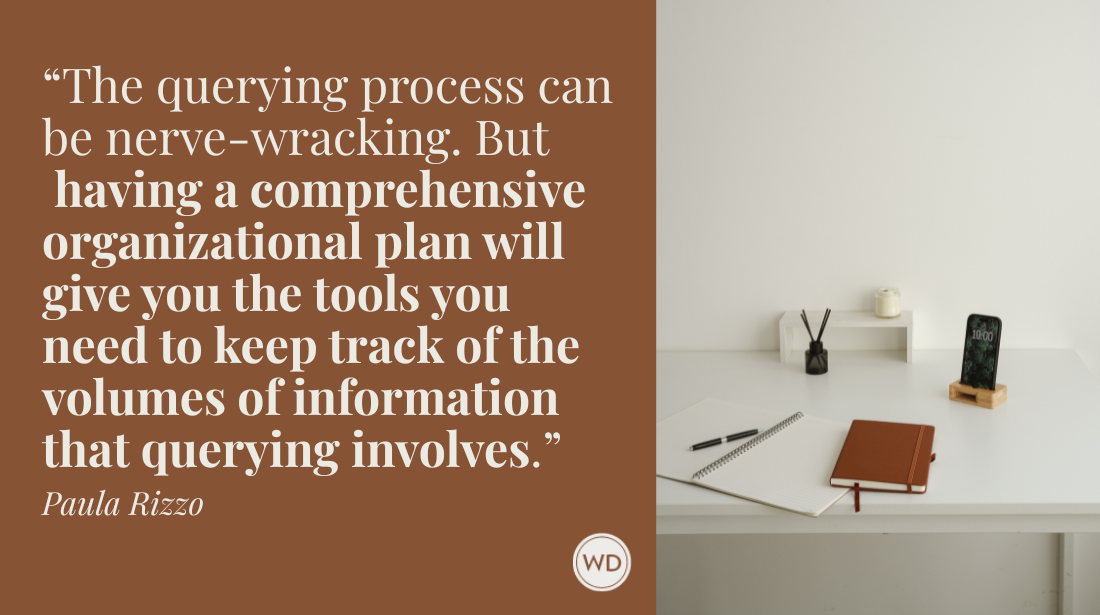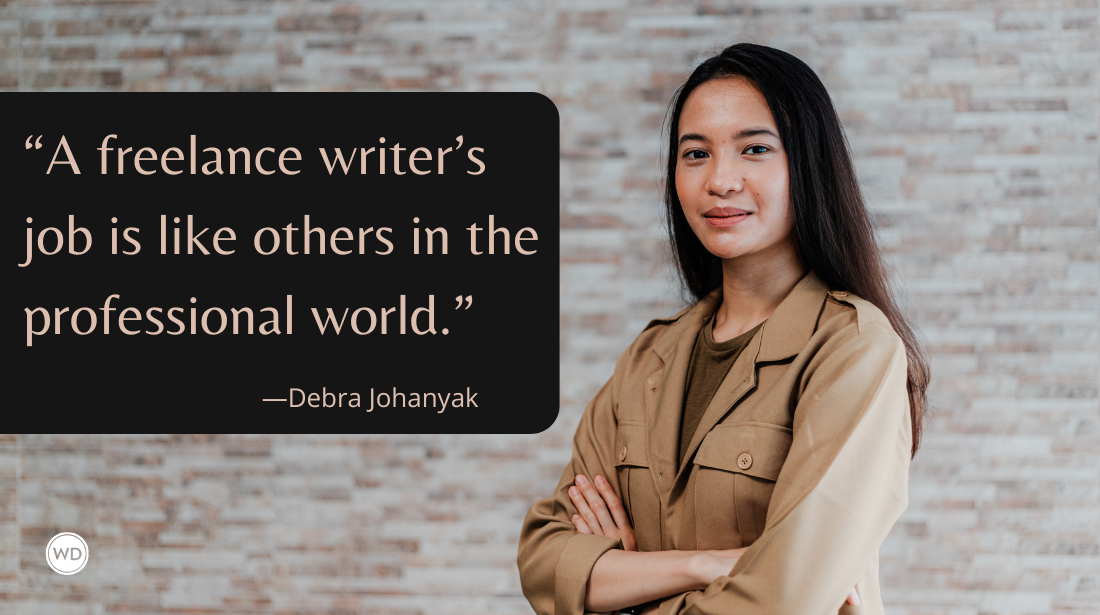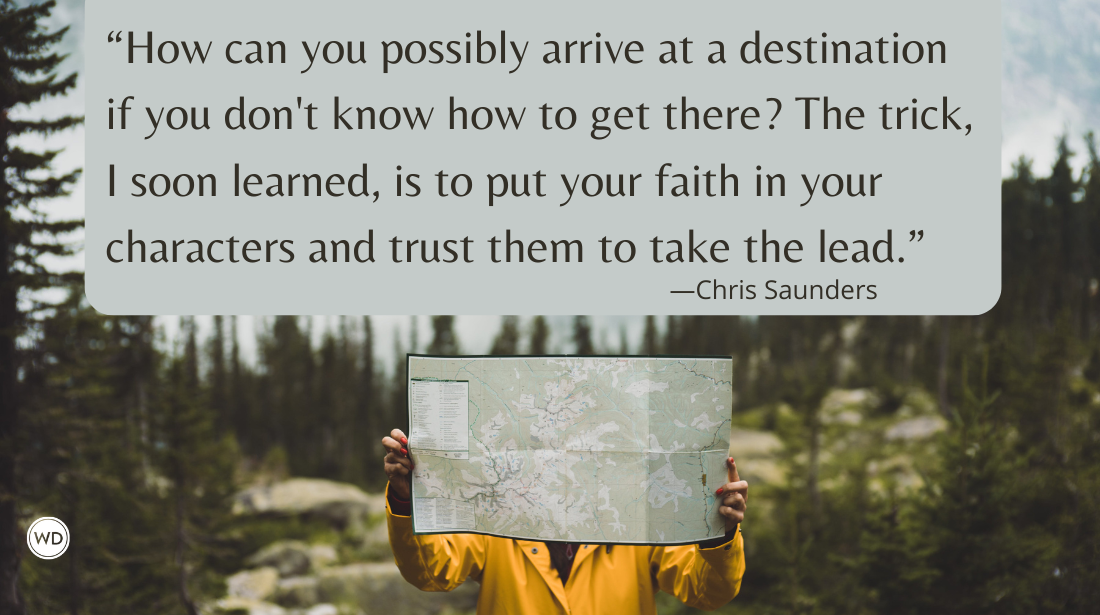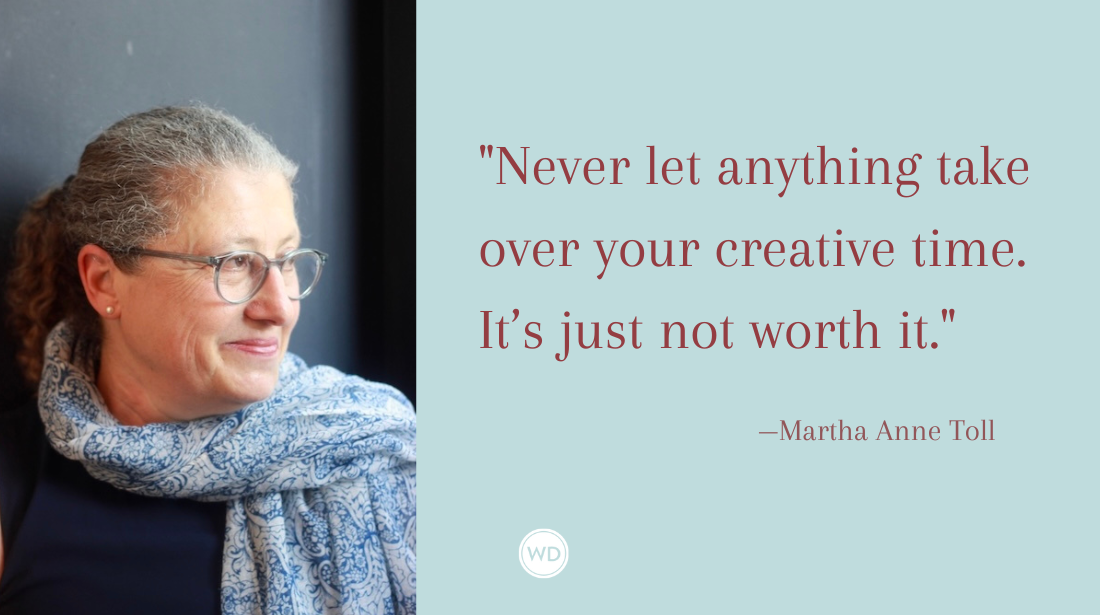The “Self-Pub Is Crap” Debate
I’m reaching an exhaustion level with the following two viewpoints: Most self-published work is crap. Anyone can “publish” their e-book and call themselves an author. None of these “books” are…
I'm reaching an exhaustion level with the following two viewpoints:
Most self-published work is crap. Anyone can "publish" their e-book and call themselves an author. None of these "books" are edited. It's a huge pile of crap that's just getting harder and harder to sift through. (God save us from the crap!)
And the retort from self-published authors:
Traditional publishing produces a lot of crap. Their standards are declining, and they don't even know what readers want. They are "out of touch" and unneeded gatekeepers.
First, it's stupid for self-published authors to justify their stance by trying to argue that traditional publishers put out work that's just as bad. It's disingenuous. A reader is more likely to find a quality book among traditionally published titles than self-published ones … for now.
I'm not saying that traditional publishers don't put out bad books—and a lot of them—but it's nowhere near the number of bad self-published titles.
There's a simple economic reason why: Traditional publishers couldn't survive if they published work that's consistently as bad as what you find in the self-published arena.
Now, you might argue the situation is changing, and traditional publishers are on the road to irrelevancy and bankruptcy, but it's not because of the quality of their books. It's because of changing technology and distribution systems, and new methods of retailing books that can make it more profitable for a successful author to do the same thing as their publisher, on their own.
So that's why I'm also impatient with those who adamantly defend traditional publishing.
If an author is a known quantity, or has a platform, no one really cares how he or she published. If you're a brand, people care that YOU wrote the book, not who published it.
And given that it's becoming easier (but not easy) for authors to become known and trusted to their readership without the help of a publisher, self-publishing becomes a more viable option and more associated with quality work and quality names.
So I don't trust anyone 100% behind JUST traditional publishing, or anyone 100% behind JUST self-publishing.
Things are changing far too quickly for any one route (or one type of book) to be vilified or glorified. I'd like to see people stop picking arguments—or picking sides—on this issue. There is no winning side to this game.
Jane Friedman is a full-time entrepreneur (since 2014) and has 20 years of experience in the publishing industry. She is the co-founder of The Hot Sheet, the essential publishing industry newsletter for authors, and is the former publisher of Writer’s Digest. In addition to being a columnist with Publishers Weekly and a professor with The Great Courses, Jane maintains an award-winning blog for writers at JaneFriedman.com. Jane’s newest book is The Business of Being a Writer (University of Chicago Press, 2018).



